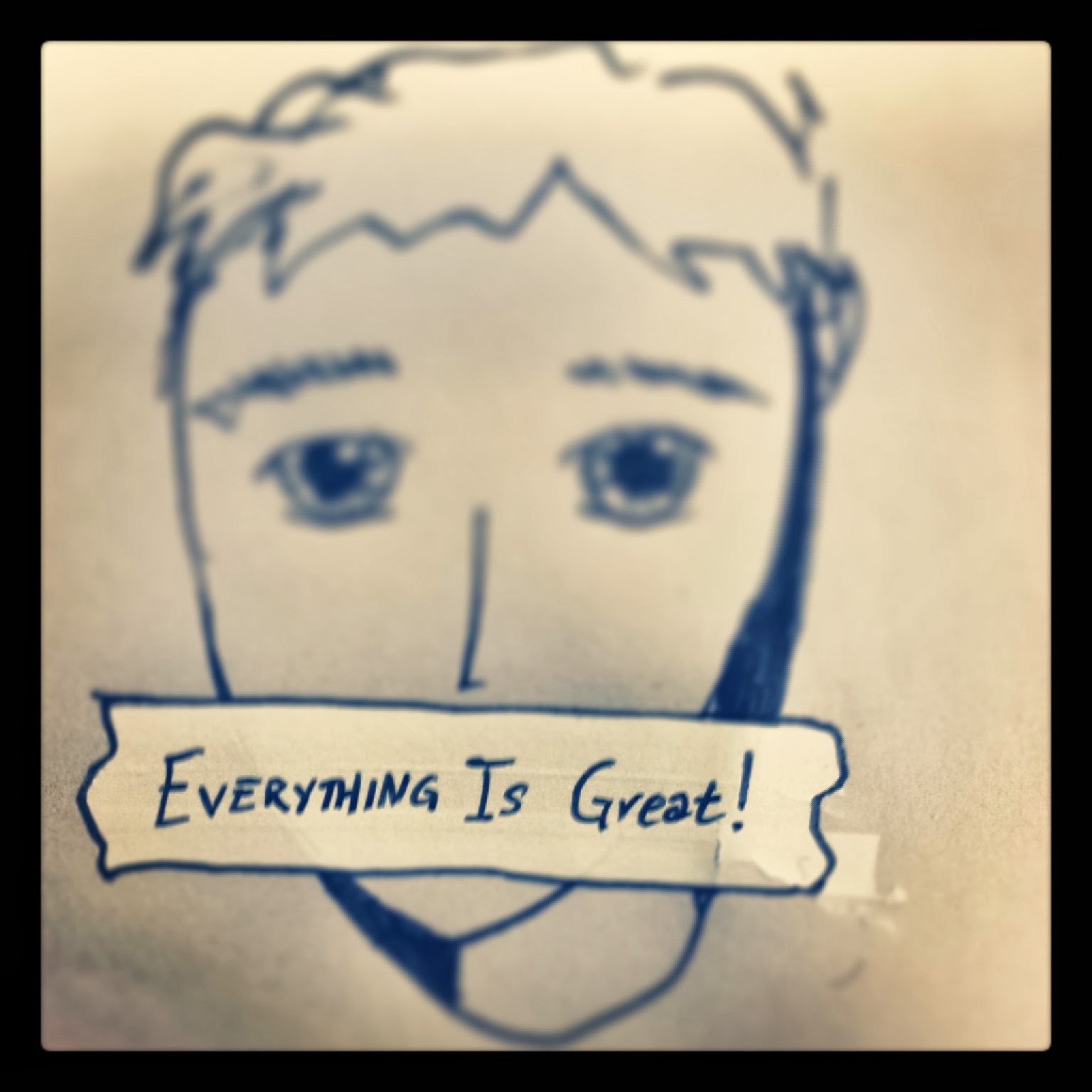When I was originally diagnosed with ADD, it was called Minimal Brain Dysfunction. This diagnosis was designed to address children who seemed to function poorly in school and other social settings, but could not be clinically diagnosed as mentally retarded. For a time, this worked, but then someone noticed a discrepancy between these children’s school performance and their IQ scores. While their IQ’s tested in the normal to high range, their performance was abysmal. Researchers realized children with this diagnosis seemed to struggle in focusing long enough to take in information in a way that allowed them to retain it. This new theory lead to different types of treatment. I underwent testing for food allergies, adhered to a strict diet with mineral and vitamin additives, biofeedback sessions, and was even in a trial study for Prozac. My father claims I would have blackouts while on Prozac and even began having suicidal thoughts at the age of 8. I received therapy from several immanent psychiatrists and psychologists, one of whom was Dr. Hunt who still runs the Center for Attention and Hyperactivity in Tennessee. My father had his masters in counseling and when Dr. Hunt suggested that my parents check me into a mental institution, forget they ever had a son, and focus their time and energy into their “healthy” daughter, my Father asked Dr. Hunt, “Why can’t you just admit that you can’t help my son?” Needless to say, this concluded our sessions with Dr. Hunt.
My entire family worked hard to stay with me throughout my years of rebellion and boundary testing. Through the overdoses. Through the depression. Through the denial and rage. They showed me, through modeling and through actions, what it means to truly love someone. But that’s not what this post is about. This post is about the benefits and risks of medication vs alternative/holistic means of treating ADD/ADHD.
While I have ADD, I am also a marriage and family therapist who has worked with many families and individuals who’s lives have been impacted by this disorder. Some articles claim exercise reduces symptoms of ADD and it is difficult for me to think of a reason why, after consulting a physician, anyone would not incorporate exercise into their daily routine. For me, this has not been enough. Despite diet changes, added vitamins and minerals, and lots of other attempted fixes, what has worked for me is medication. I still exercise, and I should probably eat better, and at this time in my life and for the past 16 years, medication has helped control the symptoms of my ADD. It has helped me maintain my marriage and provide me with a greater amount of impulse control and levels of tolerance.
This post is being written in reference to a twitter conversation I recently had. My decision to take medication to help with the symptoms of a neurological disorder was fairly quickly disparaged. The reply asked if I had every tried taking an art class rather than simply using medication to treat my symptoms. While my illustrations are evidence I did not pay attention, I have taken art classes. What got to me about the tweet is this: If I were taking medication for depression, would the same person have been as quick to ask if I had tried alternative means of treatment?
No doubt about it; ADD is over diagnosed and over treated. Many children are over medicated for a variety of reasons. However, this does not mean medication is not necessarily effective when used appropriately. To that extent, I would suggest more research be done in the area of diagnosing. Finding out if ADD/ADHD has a trauma or relationship attachment component to it vs. it being organic and purely physical. More accurate diagnosing for many disorders may play a key role in allowing doctors to target treatment and medication in order to treat the person rather than just treating symptoms while having very little etiological understanding.
In the meantime, let me tell you a story about a friend of mine who was in high school with me and had been diagnosed with ADD and refused to take medication. When I asked why he chose not to, he stated that he didn’t want to and it felt weird. I asked my friend why he wore glasses. He said he was near sighted and without his glasses probably wouldn’t have been able to function day-to-day. I reflected back to him the incongruence that he chose to wear glasses to correct his vision but refused to take medication to correct his neurology. He laughed me off and said it was different and complained that I didn’t understand. The truth was, I deeply understood, and wanted him to experience the same form of freedom I had.
Medication isn’t the answer. No pill will ever make someone perfect; and if it could, it would be at the expense of their own humanity. However, unless it’s doing more damage than good, please be careful not to disparage a persons means of maintaining sanity.
 |
| Pharmacological Sanity (C) Nathan D. Croy, 2014 |




